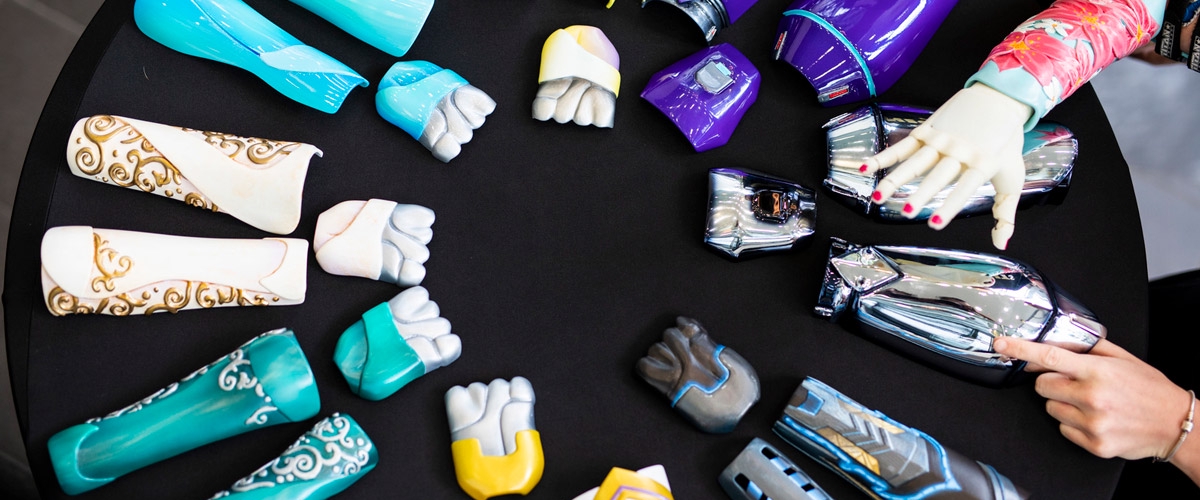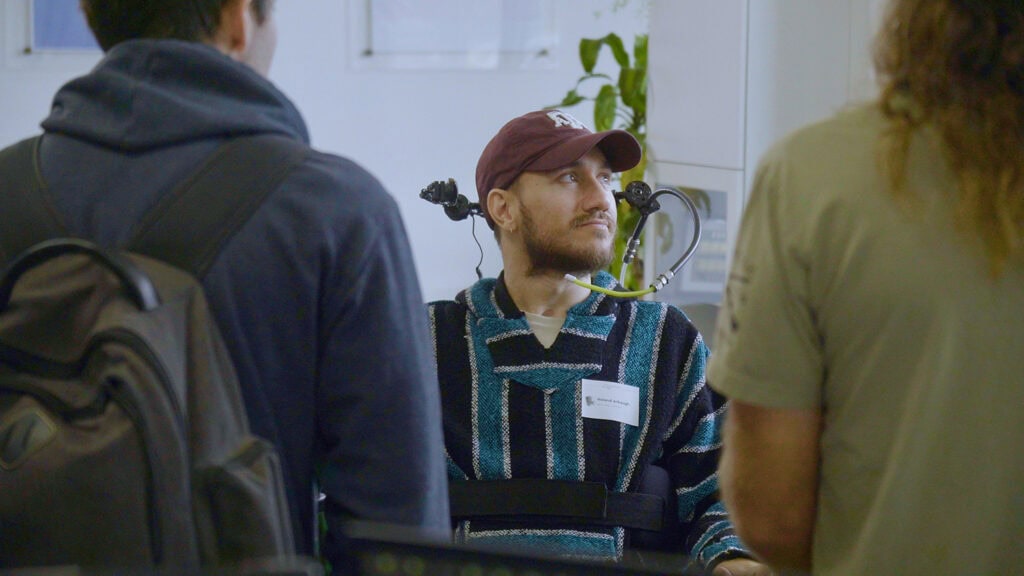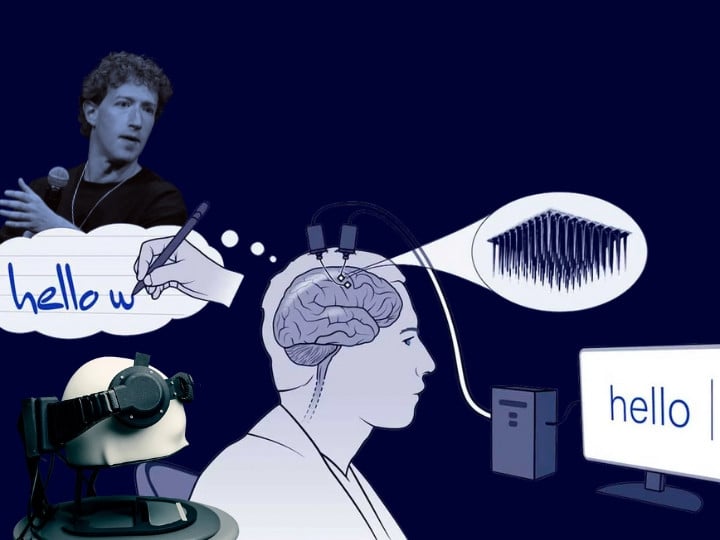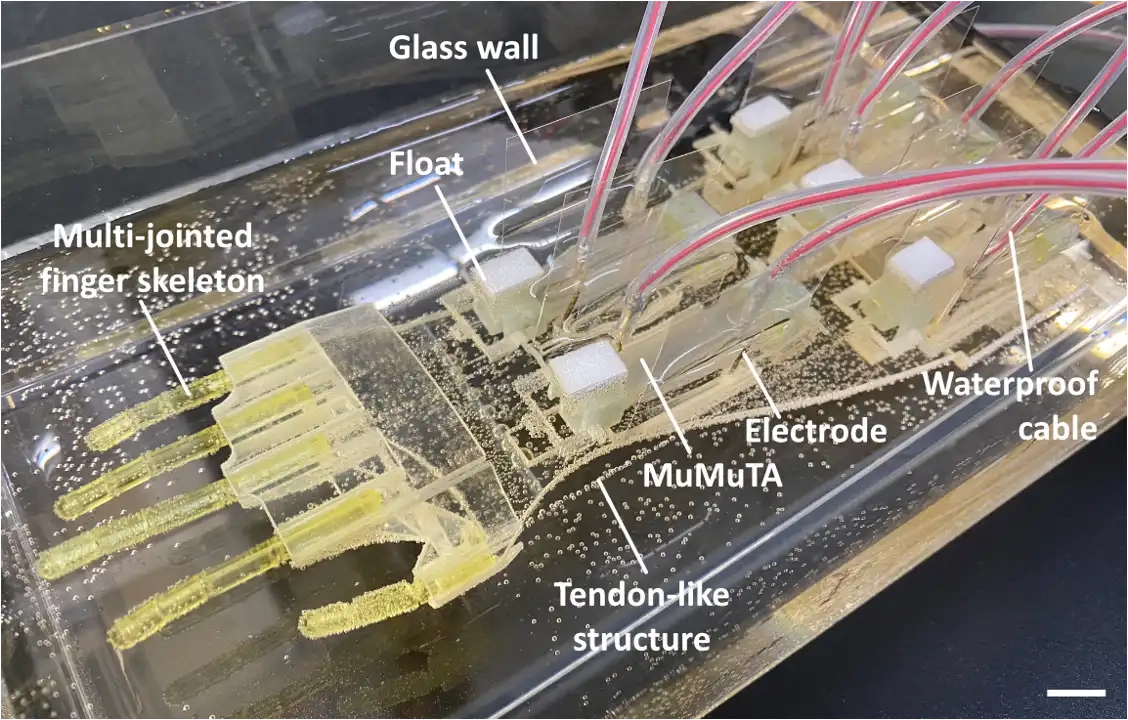NHS to Begin Trials of Ultrasonic Neurochip for Mental Health Treatment
The UK’s National Health Service (NHS) is preparing to test an innovative ultrasonic neurochip that could revolutionize the treatment of depression and anxiety. Developed by the American non-profit organization Forest Neurotech, this cutting-edge device records brain activity and uses focused ultrasound waves to stimulate specific neural clusters. Unlike traditional brain-computer interface (BCI) implants, the new technology avoids invasive procedures, delivering precise neural stimulation externally.
The trial will cost £6.5 million and will involve 30 participants. Funding comes from the UK’s Advanced Research and Invention Agency (ARIA), and the trial is expected to pave the way for the broader application of ultrasonic BCI technology in mental health.
How the Forest 1 Device Works
Forest Neurotech’s device, known as Forest 1, is unique in its ability to combine monitoring and modulation of brain activity. Initially, the neurochip registers and records patterns of neural activity. Then, it delivers highly focused ultrasonic waves to stimulate specific groups of neurons, effectively “switching on” or enhancing their activity.
This focused approach enables the device to create high-resolution, three-dimensional brain maps with greater accuracy than traditional MRI. The ultrasonic waves penetrate beneath the skull and track minor blood flow changes, providing detailed data about brain activity while targeting specific areas for therapeutic intervention.
The first phase of the trial will involve patients who have undergone brain surgeries requiring temporary removal of part of their skull to reduce intracranial pressure. This approach eliminates the need for additional surgical procedures. During the trial, the neurochip will rest on the exposed skull area for two hours, allowing researchers to measure its effects on mood and motivation in real-time.
Safety Considerations and Future Applications
Despite its promise, the use of focused ultrasound carries potential risks. Tissues may absorb the ultrasonic energy, leading to overheating. To address this concern, researchers will carefully regulate the intensity and duration of the ultrasound to ensure its therapeutic benefits outweigh any risks.
Forest 1 is already being hailed as the most advanced BCI in existence. According to ARIA, the device’s ability to impact multiple brain regions simultaneously makes it uniquely capable of treating conditions such as depression, anxiety, and epilepsy. These disorders often result from disruptions in entire brain networks, not just isolated areas.
The trial is scheduled to begin in March and will last over three years, with the first eight months devoted to obtaining necessary regulatory approvals. If successful, the technology will enter full clinical trials targeting specific conditions, such as depression.
Forest Neurotech sees this breakthrough as a significant leap forward in non-invasive brain modulation. It holds the potential to transform mental health care, offering new hope to millions of patients worldwide.






